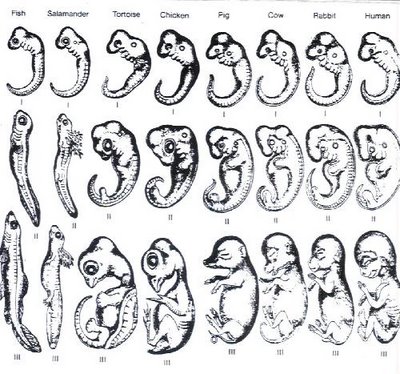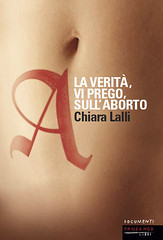 Biologists have developed a technique for establishing colonies of human embryonic stem cells from an early human embryo without destroying it. This method, if confirmed in other laboratories, would seem to remove the principal objection to the research.
Biologists have developed a technique for establishing colonies of human embryonic stem cells from an early human embryo without destroying it. This method, if confirmed in other laboratories, would seem to remove the principal objection to the research.
Scientists said the new method, which is being reported by researchers at Advanced Cell Technology today on the Web site of the journal Nature, could provide a reason to ease restrictions on federal financing of human embryonic stem cell research.
But critics of such research raised other objections, including the possible risk to the embryo and the in vitro fertilization procedure itself, in which embryos are generated from a couple’s egg and sperm.
The new technique would be performed on a 2-day-old embryo, after the fertilized egg has divided into eight cells, known as blastomeres. In fertility clinics, where the embryo is available outside the woman in the normal course of in vitro fertilization, one of these blastomeres can be removed for diagnostic tests, such as for Down syndrome.
The embryo, now with seven cells, can be implanted in the woman if no defect is found. Many such embryos have grown into apparently healthy babies over the 10 years or so the diagnostic tests have been used.
Up to now, human embryonic stem cells have been derived at a later stage of development, when the embryo consists of about 150 cells. Both this stage, called the blastocyst, and the earlier eight-cell stage occur before the embryo implants in the wall of the womb. Harvesting the blastocyst-stage cells kills the embryo, a principal objection of those who oppose the research.
“There is no rational reason left to oppose this research,” Robert Lanza, vice president of Advanced Cell Technology, based in Worcester, Mass., and leader of the research team, said in an interview.
The scientific development could intensify the politics of the stem cell debate and elevate the issue in the midterm elections in which some candidates are already making the research a central theme.
Human embryonic stem cells, which give rise to all the cells and tissues of the body, have caused excitement among scientists and patient-advocate groups as a potential source for new treatments for diseases such as Alzheimer’s, Parkinsons and diabetes.
Continua (Stem cell method saves embryo, Los Angeles Daily News, 23 agosto 2006).
giovedì 24 agosto 2006
E adesso quali obiezioni si inventeranno?
Iscriviti a:
Commenti sul post (Atom)


























Nessun commento:
Posta un commento